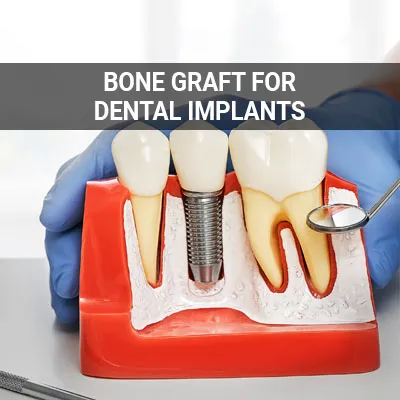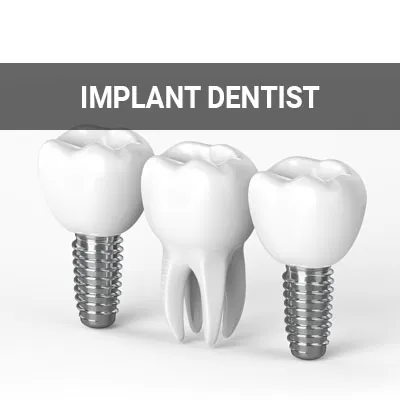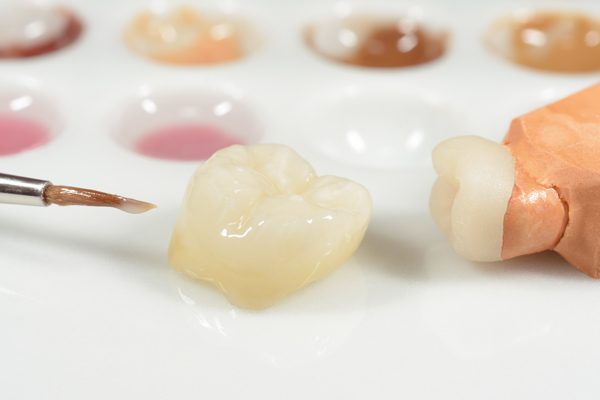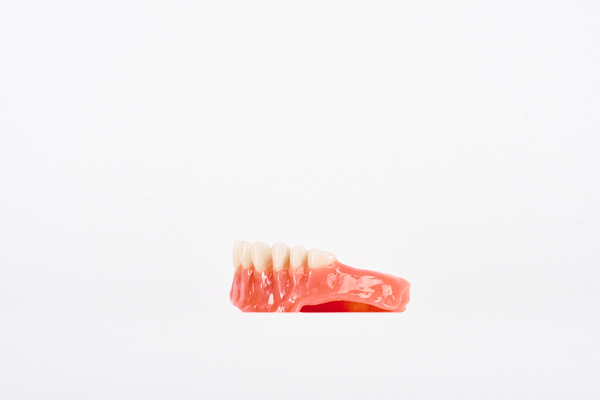Dental Implant Surgery Griffin, GA
Dental implant surgery involves placing the dental implant into the jawbone to serve as the root of the replacement tooth. The surgical process helps provide long-term stability to the dental implant while providing a tooth replacement option most similar to a natural tooth.
We follow a fairly consistent process with the surgical placement, including helping each patient with preparation before the operation and follow-up care after. Addevale Family Dentistry is available to answer any questions and provide details on each step. Call us at (770) 430-3087 today to learn more about dental implant surgery and schedule a consultation.
Dental Implant Surgery Consultation
It is common for patients to experience varying levels of anxiety before dental implant surgery. Understanding more about the preparation, surgery, and aftercare can help put patients at ease. We can address any concerns or questions the patients have about the process at the initial consultation.
Our team will examine the patient’s mouth and assess the patient’s oral and physical health. We will take X-rays to determine the placement of the implant and if the jaw bone is ready to support it. You should tell us about any medications you are taking or conditions you have as they may affect the outcome of the surgery and healing.
“It is common for patients to experience varying levels of anxiety before dental implant surgery.”
Before Implant Placement Surgery
Tooth decay, gum disease, and injury to the mouth can lead to the loss of one or more teeth. However, tooth loss does not mean you cannot have a healthy mouth. The patient needs to have good oral health before surgery. We may recommend additional treatments such as bone grafting in preparation for dental implant surgery.
Each patient may have a different experience based on several factors. These include the number of teeth we are replacing, the type of implant, and the patient's overall oral health. We will advise the patient through each step of the process.
Bone grafting, in particular, is necessary when there is not enough healthy bone inside the jaw to support the implant. Other potential pre-surgery treatments may include gum disease treatment or dental fillings. Once the patient is ready for surgery, we will provide them with instructions to follow, especially for the night before. These instructions may include avoiding certain foods, fasting the night before, and getting a proper night of sleep.
“Each patient may have a different experience based on several factors. These include the number of teeth we are replacing, the type of implant, and the patient’s overall oral health.”
What to Expect During Dental Implant Placement
During dental implant surgery, the surgeon makes an incision into the gums where the missing tooth was. The surgeon then drills into the jawbone. After accessing fairly deep inside the jawbone, the surgeon will position the dental implant post. The post along with the surrounding bone serves as the primary support of the artificial tooth.
We will not place the artificial tooth until after the implant fuses with the surrounding bone through a process known as osseointegration. This process typically takes several months. In the meantime, there will be a gap where the missing tooth (or missing teeth) was. Your dentist may recommend a temporary replacement tooth until the mouth and implant are ready for the placement of the abutment and artificial tooth.
“The implant is essentially in the same place the root of the natural tooth was.”
Check out what others are saying about our dental services on Yelp: Dental Implant Surgery in Griffin, GA
Post-Surgery Care and Check-Ups
Minor swelling, soreness, and bleeding of the gums are common symptoms following dental implant surgery. Fortunately, there are certain post-surgery home care techniques the patient can implement to make the recovery process as effortless as possible. Additionally, patients are encouraged to avoid foods that may irritate the implant site. These foods can include those that are hard to chew, are either very hot or cold or contain a high level of sugar. Also, it is best to drink water rather than soft drinks, tea, coffee, and other dark beverages that contain sugar. We may also require one or more check-up visits to ensure that the implant surgery is a success and complications do not develop.
“Fortunately, there are certain post-surgery home care techniques the patient can implement to make the recovery process as effortless as possible.”
Questions Answered on This Page
Q. What happens during the initial consultation?
Q. How should someone prepare for dental implant surgery?
Q. What happens during the implant placement surgery?
Q. What should a patient do after dental implant surgery?
Q. What are the risks of dental implant surgery?
People Also Ask
Q. Who is a good candidate for dental implants?
Risks Associated with Dental Implant Surgery
The success rate for dental implant surgery is high, and complications are rare and typically not a serious concern with prompt dental care. Primary complications include nerve damage or injury to an adjacent tooth. According to the Centers for Disease Control and Prevention, oral surgery raises the risk of local or systemic infection. However, we will take every precaution to help the patient avoid these complications. We will provide detailed instructions on how to recover, which may include good oral hygiene and possible medication to prevent infection.
The failure rate of dental implant surgery is low—only 5-10%. Bone loss is a leading cause, but something that can be remedied. It is not uncommon for those undergoing dental implant surgery to need bone grafting to prepare the jaw. This adds several months to the process, but greatly increases the chance of success.
“We will provide detailed instructions on how to recover, which may include good oral hygiene and possible medication to prevent infection.”
Frequently Asked Questions
Q. What foods and medicines are best during recovery?
A. Patients should avoid foods that could irritate the implant area. We also recommend avoiding foods and drinks that increase the risk of infection, such as those high in sugar and other carbohydrates. For pain and swelling management during recovery, your doctor may recommend over-the-counter pain relief such as Motrin® or Advil®.
Q. Is dental implant surgery painful?
A. Dental implant surgery is most often not painful. The amount of discomfort depends on the form of numbing the surgeon and patient agree on using and the patient’s pain tolerance. However, there is often swelling and discomfort for some time following the surgery as the gums and jawbone heal.
Q. How long does dental implant surgery take?
A. The amount of time depends on a variety of factors, including the area of the implant and the number of implants being placed. Most surgeries only take a few hours at most. Typically, the patient is able to return home on the same day.
Q. How do I prepare the night before dental implant surgery?
A. We will provide detailed instructions on what to do and what not to do before surgery. These steps may include fasting the night before and getting adequate rest. It may also help to get your mind off of the surgery to reduce anxiety. Activities such as board games with the family or watching a movie the night before work well.
Q. What are the risks associated with dental implant surgery?
A. As with any surgery, dental implant surgery carries some risk. However, complications are usually minor when they occur. Risks include infection at the implant side and damage to the surrounding areas. Nerve damage and sinus problems, though rare, have also been reported.
Dental Implant Terminology
Call Us Today
Get in touch with our team today at 770-430-3087. We respond to all who are interested in our services promptly. On your first visit, we will answer your questions, provide information about the process, and help you make an informed decision about dental implant surgery.
Helpful Related Links
- American Dental Association (ADA). Glossary of Dental Clinical Terms. 2022
- American Academy of Cosmetic Dentistry® (AACD). Home Page. 2022
- WebMD. WebMD’s Oral Care Guide. 2022
About our business and website security
- Addevale Family Dentistry was established in 2017.
- We accept the following payment methods: American Express, Cash, Check, Discover, MasterCard, and Visa
- We serve patients from the following counties: Spalding County
- We serve patients from the following cities: Griffin, East Griffin, Sunny Side, Orchard Hill, and Hampton
- National Provider Identifier Database (1174542799). View NPI Registry Information
- Healthgrades. View Background Information and Reviews
- Norton Safe Web. View Details
- Trend Micro Site Safety Center. View Details
Back to top of Dental Implant Surgery











